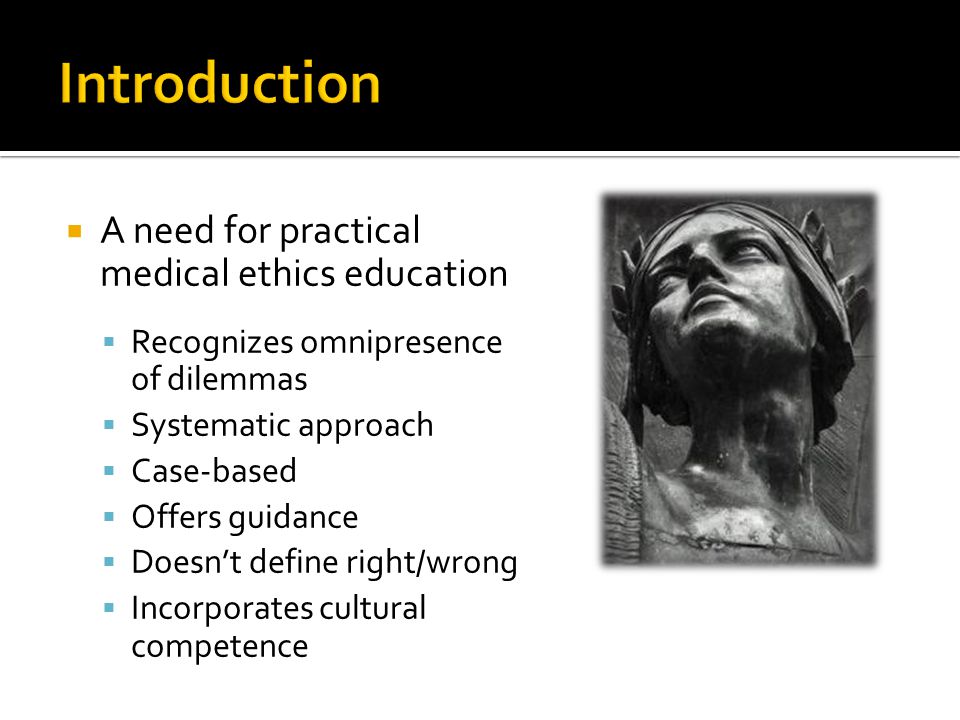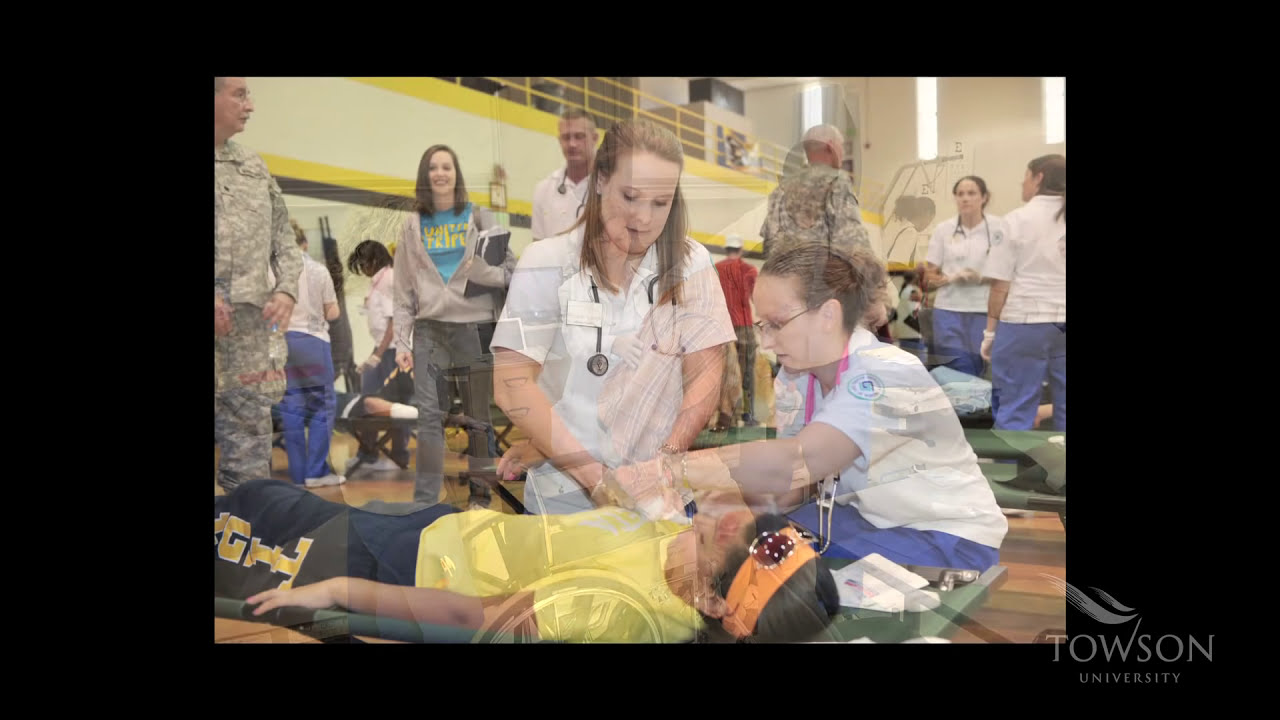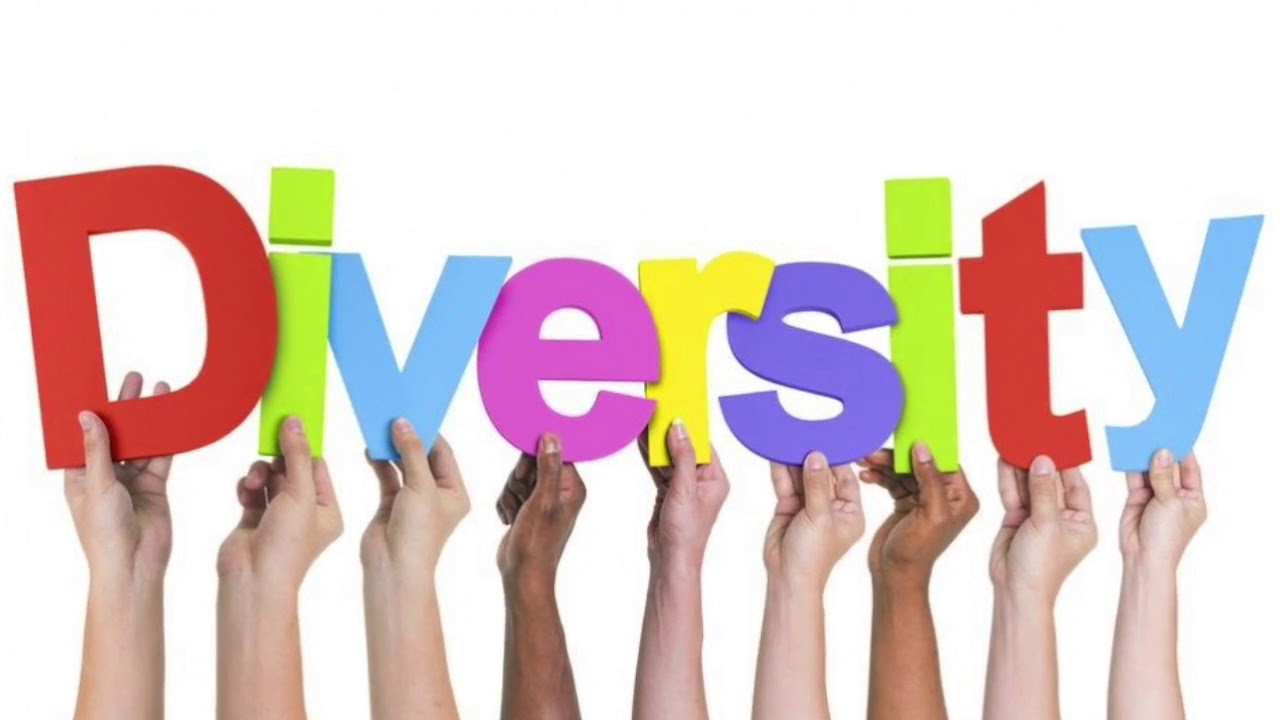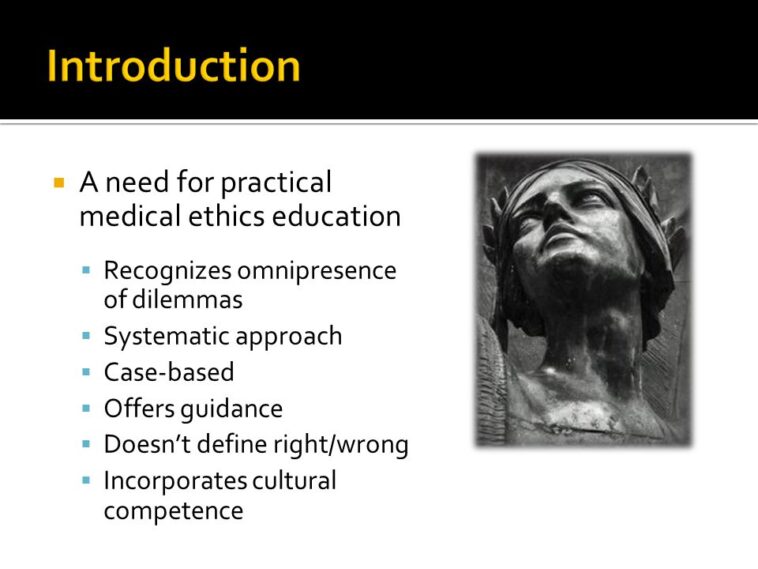
As the world continues to become more diverse, healthcare providers must be increasingly adept at navigating the complexities of cultural competence. Cultural medical ethics and ethical dilemmas are major topics of discussion in healthcare today. In this article, we explore what cultural medical ethics is, why it matters, and how healthcare providers can approach ethical dilemmas with cultural sensitivity.
What is Cultural Medical Ethics?

Cultural medical ethics refers to the integration of cultural values and beliefs into medical decision-making processes. It recognizes that culture plays a significant role in shaping an individual’s health beliefs, attitudes toward illness, and approaches to healthcare. Cultural medical ethics seeks to respect and honor these cultural differences by incorporating them into medical practice.
In today’s globalized world, cultural competence has become increasingly important in healthcare. As patients come from a multitude of backgrounds, cultures, and religions, healthcare providers must be able to understand their patients’ cultural perspectives to provide effective care.
Why Does Cultural Medical Ethics Matter?

Cultural competence is essential for providing high-quality, patient-centered care. It helps healthcare providers recognize and understand the needs of their patients, build trust, and communicate effectively. By integrating cultural values and beliefs into medical decision-making processes, healthcare providers can improve outcomes and reduce health disparities.
However, cultural competence is not always easy to achieve. Ethical dilemmas often arise when cultural values conflict with medical practice. These dilemmas require careful consideration and a nuanced understanding of both cultural medical ethics and clinical ethics.
Ethical Dilemmas and Cultural Competence

Ethical dilemmas are prevalent in healthcare, and cultural competence is necessary for navigating them. When cultural values conflict with medical practice, healthcare providers must find ways to balance the two. Here are some common ethical dilemmas related to cultural medical ethics:
End-of-Life Care
End-of-life care is a particularly sensitive and complex issue. Cultural differences in beliefs and attitudes toward death and dying can often create ethical dilemmas. For example, in some cultures, it is considered disrespectful to discuss death and dying openly. In others, withdrawal of life support may be unacceptable.
Healthcare providers must approach end-of-life care with cultural sensitivity. They should take the time to understand their patients’ cultural values and beliefs regarding death and dying, and work with them to develop an appropriate end-of-life care plan.
Reproductive Health
Reproductive health is another area where cultural values can conflict with medical practice. For example, some cultures may view birth control as immoral or unacceptable. Others may have specific rituals or customs related to childbirth.
Healthcare providers must respect their patients’ cultural values while also providing accurate information about reproductive health options. They should take the time to educate their patients on all available options and work with them to develop a plan that aligns with their cultural beliefs.
Mental Health
Mental health is another area where cultural competence is essential. Different cultures have different beliefs about mental illness and how it should be treated. For example, some cultures may see mental illness as a sign of weakness or personal failure. Others may believe that mental illness is caused by supernatural forces.
Healthcare providers must approach mental health issues with cultural sensitivity, taking into account their patients’ cultural beliefs and practices. They should work with their patients to develop a treatment plan that aligns with their cultural values.
Navigating Ethical Dilemmas with Cultural Competence

Navigating ethical dilemmas with cultural competence requires healthcare providers to approach their patients with empathy and understanding. Here are some tips for navigating ethical dilemmas with cultural sensitivity:
Listen
Effective communication begins with active listening. Healthcare providers should take the time to listen to their patients’ stories and understand their perspectives. This helps build trust and shows patients that their cultural values and beliefs are being respected.
Educate Yourself
Healthcare providers should educate themselves on the cultural backgrounds of their patients. They should learn about their patients’ customs, beliefs, and practices to better understand their perspectives. This can help prevent misunderstandings and improve communication.
Consult with Colleagues
When faced with an ethical dilemma, healthcare providers should consult with colleagues who have experience in cultural medical ethics. This can provide valuable insight and help healthcare providers make more informed decisions.
Be Respectful
Respect is key to building trust and fostering positive relationships with patients. Healthcare providers should be respectful of their patients’ cultural values and beliefs, even if they do not align with their own.
Work Together
Finally, healthcare providers should work with their patients to develop a treatment plan that aligns with their cultural beliefs. This requires collaboration and an open dialogue between healthcare providers and their patients.
Conclusion
Cultural medical ethics and ethical dilemmas are complex issues that require careful consideration and a nuanced understanding of both cultural competence and clinical ethics. Healthcare providers must approach their patients with empathy, understanding, and respect to provide effective,patient-centered care. By integrating cultural values and beliefs into medical decision-making processes, healthcare providers can improve outcomes and reduce health disparities.
In 2023, as the world continues to become more diverse, it is essential for healthcare providers to prioritize cultural competence and navigate ethical dilemmas with sensitivity and respect. By doing so, they can provide high-quality care that honors their patients’ cultural backgrounds and meets their unique needs.
FAQs
- What is cultural competence in healthcare?
Cultural competence refers to the ability of healthcare providers to understand and respond to the cultural beliefs, values, and practices of their patients. It is essential for providing effective, patient-centered care.
- Why is cultural competence important?
Cultural competence is important because it helps healthcare providers recognize and understand the needs of their patients, build trust, and communicate effectively. By integrating cultural values and beliefs into medical decision-making processes, healthcare providers can improve outcomes and reduce health disparities.
- What are some ethical dilemmas related to cultural medical ethics?
End-of-life care, reproductive health, and mental health are all areas where ethical dilemmas may arise due to cultural differences in beliefs and attitudes.
- How can healthcare providers navigate ethical dilemmas with cultural competence?
Healthcare providers can navigate ethical dilemmas with cultural competence by listening, educating themselves on their patients’ cultural backgrounds, consulting with colleagues, being respectful, and working together with their patients to develop a treatment plan that aligns with their cultural beliefs.
- What is the goal of cultural medical ethics?
The goal of cultural medical ethics is to integrate cultural values and beliefs into medical decision-making processes to provide effective, patient-centered care that honors patients’ cultural backgrounds and meets their unique needs.
Conclusion
In conclusion, cultural medical ethics and ethical dilemmas are critical topics in healthcare in 2023. Healthcare providers must approach these issues with sensitivity, empathy, and respect to provide effective, patient-centered care that honors their patients’ cultural backgrounds. By prioritizing cultural competence, healthcare providers can improve outcomes, reduce health disparities, and build trust with their patients.Cultural competence is a crucial aspect of healthcare in our increasingly diverse world. It involves understanding and responding to the cultural beliefs, values, and practices of patients, and it can help healthcare providers build trust, communicate effectively, and provide high-quality care.
However, navigating ethical dilemmas related to cultural medical ethics can be challenging. For example, end-of-life care, reproductive health, and mental health are all areas where cultural differences in beliefs and attitudes may lead to ethical dilemmas.
To navigate these challenges with cultural competence, healthcare providers must listen, educate themselves on their patients’ cultural backgrounds, consult with colleagues, be respectful, and work together with their patients to develop a treatment plan that aligns with their cultural beliefs.
At its core, the goal of cultural medical ethics is to integrate cultural values and beliefs into medical decision-making processes to provide effective, patient-centered care that honors patients’ cultural backgrounds and meets their unique needs.
As we move forward into the future, cultural competence and ethical dilemmas will continue to be critical components of healthcare. By prioritizing these issues and approaching them with sensitivity and respect, healthcare providers can improve outcomes, reduce health disparities, and build strong, trusting relationships with their patients.




